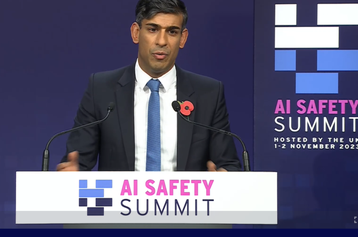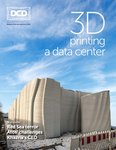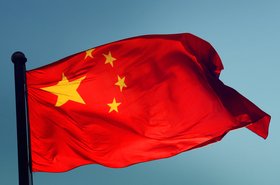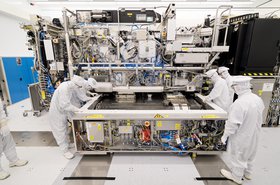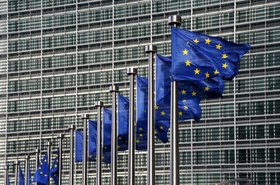UK Prime Minister Rishi Sunak closed the global AI Safety Summit today, with a claim that governments will be able to evaluate the safety of AI models before they are released, thanks to cooperation between the UK's AI Safety Institute and other bodies around the world.
"We've announced the creation of the AI Safety Institute, it's backed by a significant amount of funding," he said. "And not only is it funded, it's also attracting the best and the brightest scientists and researchers from around the world to come and work there."
US Vice-President Kamala Harris announced her country's own AI Safety Institute on Wednesday, and Sunak promised that the two would work closely together, alongside other similar bodies: "AI doesn't respect borders. And we're only going to solve this problem if we work together."
Twenty-eight countries including the US and China, along with the European Union, signed the Bletchley Declaration, promising to work together to realize the benefits of AI, and agreeing that "AI should be designed, developed, deployed, and used, in a manner that is safe, in such a way as to be human-centric, trustworthy and responsible."
Today, Sunak discussed AI safety with leaders including United Nations Secretary-General Antonio Guterres, European Commission President Ursula von der Leyen, US vice-president Kamala Harris, and Italian Prime Minister Georgia Meloni.
The Labour opposition party has called for binding regulations, instead of the voluntary arrangements put in place by the Bletchley Declarations.
Questioned by the press, Sunak defended the voluntary set-up. "Legislation takes time, and we need to move faster," he said, explaining: "The technology is developing at such a pace that governments have to make sure that we can keep up now."
He also suggested that early legislation might be wrong-footed by AI developments: "You need to know exactly what you're legislating for," adding that "the people who are developing [AI] themselves are constantly surprised by what it can do. It's important that regulation is empirically based that it's based on scientific evidence. And that's why we need to do the work first."
Governments will have to take action, he said: "We can't expect companies to mark their own homework," he said, comparing AI safety to other areas: "It's incumbent on governments to keep their citizens safe and protected. Also, fundamentally, it's only governments that can test for national security risks."
Asked whether the Summit should have addressed more near-term risks such as the loss of jobs AI might cause, Sunak defended the technology as a useful tool: "We should look at AI much more as a copilot than something that necessarily is going to replace someone's job. AI is a tool that can help almost everybody do their jobs better, faster, quicker."
He suggested public sector workers might be more productive: "A caseworker at the DWP [the UK's Department of Work and Pensions] putting together paperwork for a benefits tribunal, can maybe do about 11 cases over the course of a week," he said. "AI can help that same person do the same amount of work in an hour. That's extraordinary because it means that we can get through people's cases much quicker. And that's a good example of how we can bring the benefits of AI to lots of people."
Most of the debates at the two-day Summit took place behind closed doors at Bletchley Park, the location of wartime codebreaking led by Alan Turing.
Tonight, Sunak will have a discussion with Elon Musk, who he describes as "one of the leading actors in AI," which will also not be live-streamed.

